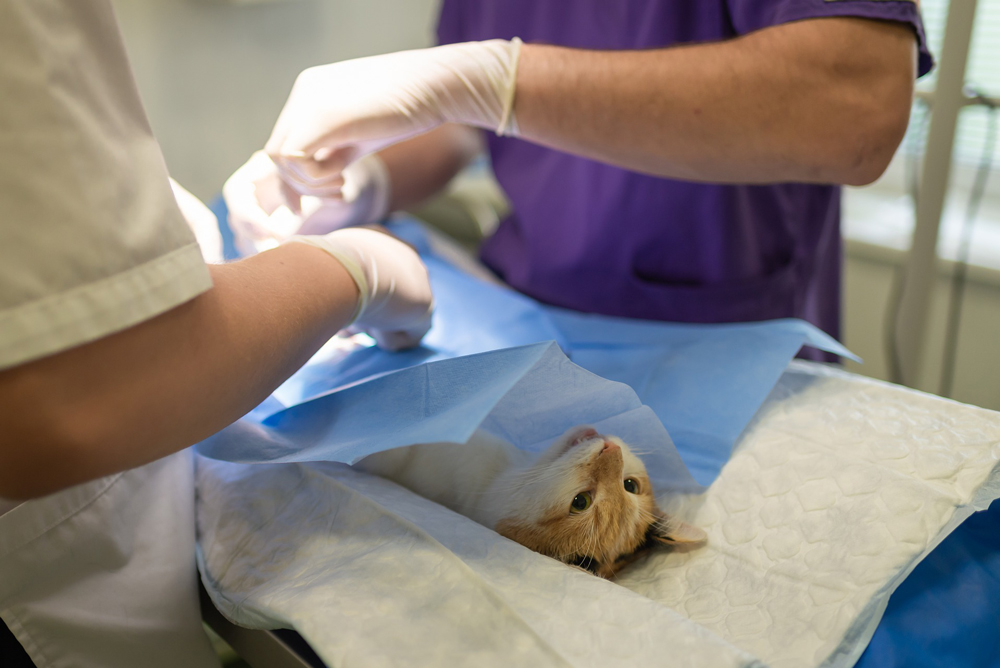by Lynn Broom.
Longmead Veterinary Practice
Veterinary nurses are essential members of the veterinary team and they bring their own unique skills to enhance the running of the practice and to patient care. A love of animals and their well-being is essential but the ability to learn and interact with their owners is also important.
Being a veterinary nurse involves many varied skills. These can range from cleaning and administration work through to inpatient care, anaesthetic monitoring, nurse appointments and lab work.
A minimum level of exam grades are required to enrol on the course and, because it is such a practical qualification, employment by, or attachment to, a practice is a requirement. Nursing qualifications are either at degree level, with periodic work placements, or as an apprenticeship with day release to college. Further qualifications in critical care or physiotherapy, for instance, are available and it is a requirement for all qualified nurses to complete further training each year.
Veterinary nurses are not trainee vets. They are a profession in their own right and provide unique skills which are different to vets. There is a lot of overlap of skills, but they are generally more involved in the individual care of animals in the practice for operations or as inpatients.
Being a vet nurse requires a level of responsibility and self-motivation. While vets are the decision makers in terms of treatment decisions, nurses are involved in this decision making and their perspective and experience can help in formulating a treatment plan.
Nurses also have a lot of ‘face to face’ contact with clients running nurse clinics where, typically, they will do post-op checks, claw clips and give advice on worming, fleas and diet. Many practices require nurses to be competent at reception and telephone answering. Good communication, within the team and with clients, is essential.
Salaries generally start at minimum wage – or may even be apprenticeship wage – until qualification and, even then, salaries frequently lag behind those of human nurses despite the extensive skill set most vet nurses attain. However, overtime is usually paid for in addition to basic salary and opportunities within industry or more specialised fields increase earning potential.
It is important to realise that the negative aspects of the job involve dealing with suffering, clients’ powerful emotions, euthanasia and unsociable hours such as night-time emergencies and weekends. These aspects are often balanced by the pleasure of seeing the recovery of a sick animal or the gratitude of a relieved client.
Becoming a vet nurse is a rewarding job and allows you to work with, and care for, animals all day, and you will feel like you have achieved something at the end of each day. But it can be stressful and upsetting, and the level of education and work required is not always balanced by the salary paid.











Leave a Reply